1 year after Atlanta-area spa shootings, Asian American community is still healing
A year after the Atlanta-area spa killings, Asian Americans and Pacific Islanders are reflecting on the impact of the tragic day that brought together — locally and nationwide — a community that says it can be “siloed” at times.
On March 16, 2021, the Asian American community in Atlanta and across the U.S. was rattled as news of a shooting spree spread: a gunman entered three separate spas, killing eight people, including six women of Asian descent.
The victims were Delaina Ashley Yaun, 33; Paul Andre Michels, 54; Xiaojie Tan, 49; Daoyou Feng, 44; Hyun Jung Grant, 51; Suncha Kim, 69; Soon Chung Park, 74; and Yong Ae Yue, 63.
“He also tried to shoot me,” Eun Ja Kang, Gold Spa employee and shooting survivor, previously told NBC Asian America. “I don’t know if I should be glad. It hurts to be alive and talk about this.”
Robert Aaron Long pleaded guilty to murder and other charges related to the shooting in Cherokee County and received multiple life sentences without parole. On Sept. 28, Long pleaded not guilty to additional charges in Fulton County.
“Up until the pandemic, we talked about AAPI hate crimes, but that voice often faded away amid the many issues we faced during the pandemic,” Sarah Park, the president of the Korean American Coalition Metro Atlanta, said. “We were often a lonely voice within our community.”
The 36-year-old, who served as a community liaison for most of the spa shooting survivors and the victims’ families, pointed out that while the tragedy served as a turning point for many, anti-Asian incidents have not slowed down.
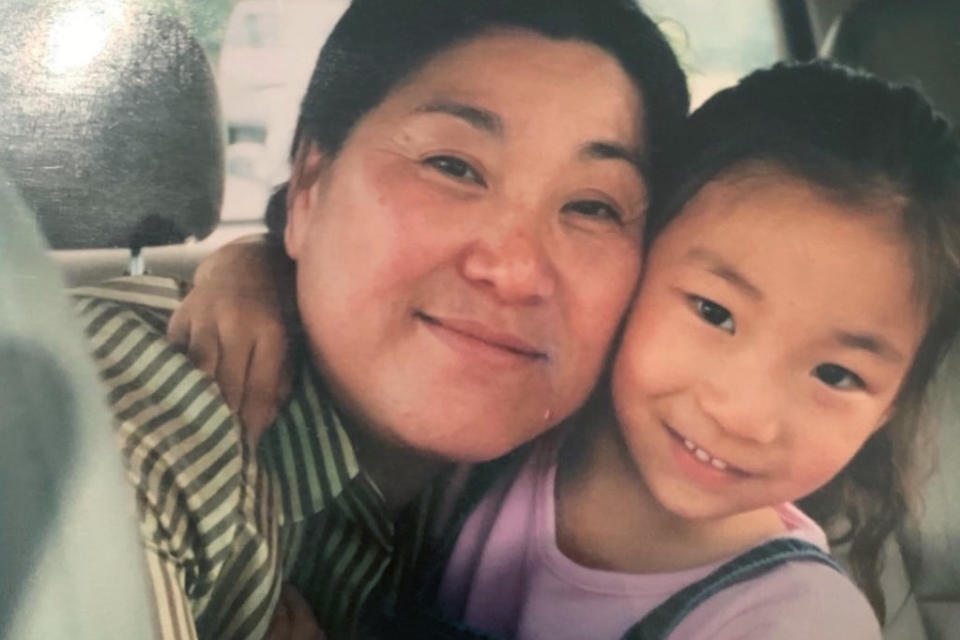
Anti-Asian hate crimes increased 339 percent nationwide last year, according to a study published by the Center for the Study of Hate and Extremism.
The Stop AAPI Hate coalition — which formed on March 19, 2020, in response to the spike in violence against the AAPI community resulting from the pandemic — said a total of 10,905 hate incidents against Asian Americans were reported from March 2020 through December 2021, with more occurring in 2021 than 2020.
Most recently, a 67-year-old Asian woman suffered facial and brain injuries after being attacked in New York on Friday.
Anti-Asian bias rose after media and political officials, including then-President Trump, used phrases like "China virus," a report shows. The study pointed to a 650 percent increase in Twitter retweets using the term “China virus,” and an 800 percent increase in similar rhetoric among conservative media.
But Park said there wasn’t a real awakening until the spa shootings.
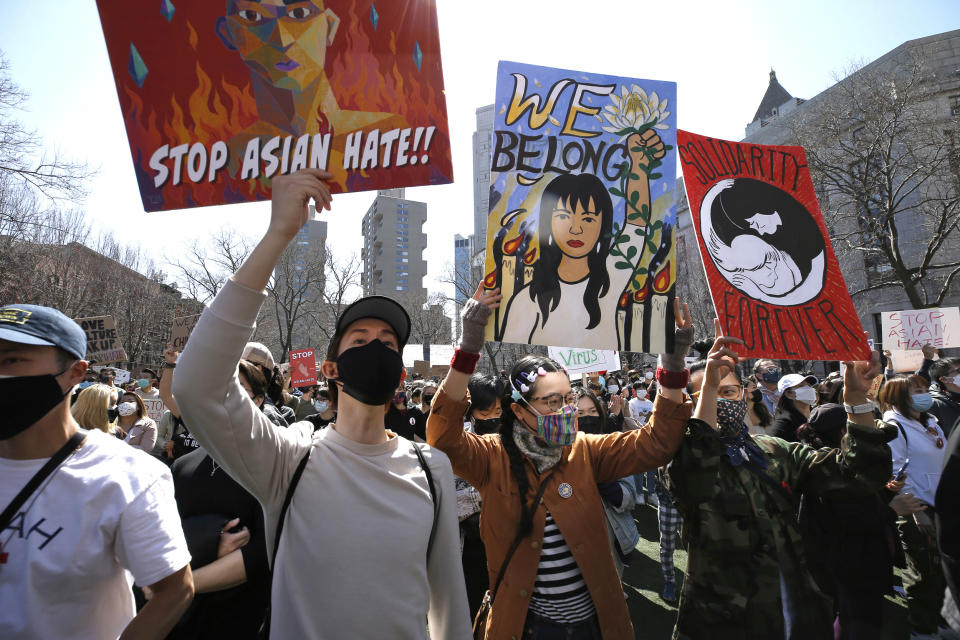
“As a Korean community, we’re kind of siloed,” she said. “No one took it to that extent — until it happened in Atlanta, and Atlanta really reckoned with it.”
In the year since the shooting, Atlanta area leaders have been holding fundraisers, marches and vigils with other elected officials, religious and community leaders and people across all ages and races.
Byeong Cheol Han is another Atlantan who became a community leader after the shooting.
“I heard about the shooting spree through the news outlet,” the 58-year-old pastor of Korean Central Presbyterian Church said. “When I heard that, I was heartbroken and I was very sad and angry. At the same time, I felt that nowhere is safe. No one is safe.”
Han said his goal was to inspire political action in a community that often only interacted in small cultural circles and wasn’t involved in civil rights activities.
“I said the shooting spree in Atlanta area was this kind of wake-up call for Asian Americans,” Han said. “We were just focusing on our survival for our success and the American dream. But the shooting spree really awakened us to think the other way.”
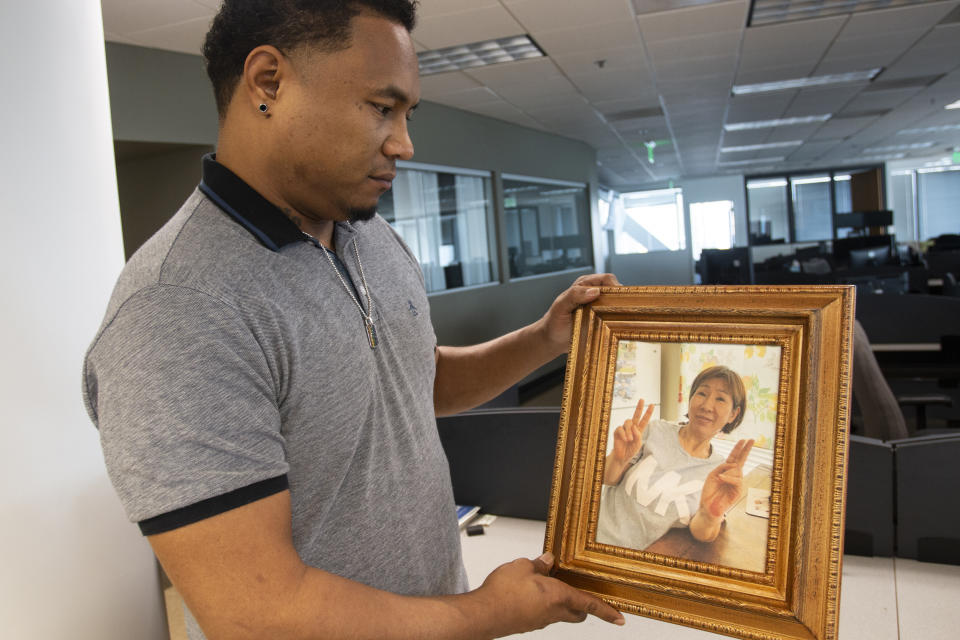
This focus on self and survival is what Han said traditionally made his community hesitant to participate in activism involving other communities of color.
Following the Atlanta-area spa shootings, many Black and Asian protesters joined together in rallies across the country, holding signs saying “Black-Asian unity,” a gesture of solidarity for two groups who were often historically at odds with each other.
“When Black Lives Matter movement happened, many Korean Americans were very reluctant to do something,” Han said. “So I told my members to not stay in your personal experience. It’s not a personal thing. It’s a structural problem in this society. Racism has not been solved.”
Alexis Suh, a 29-year-old corporate lawyer and board member of the Korean American Coalition Metro Atlanta, said splits along generational and socioeconomic lines within the AAPI community add nuances to which policies and protests they support.
“Asian Americans aren’t a monolith, so you’re going to have different reactions from people. There’s a group that believes in law enforcement, and a group that maybe went through the L.A. riots,” she said, which gets them thinking, “We have to protect us. No one else is going to protect us.”
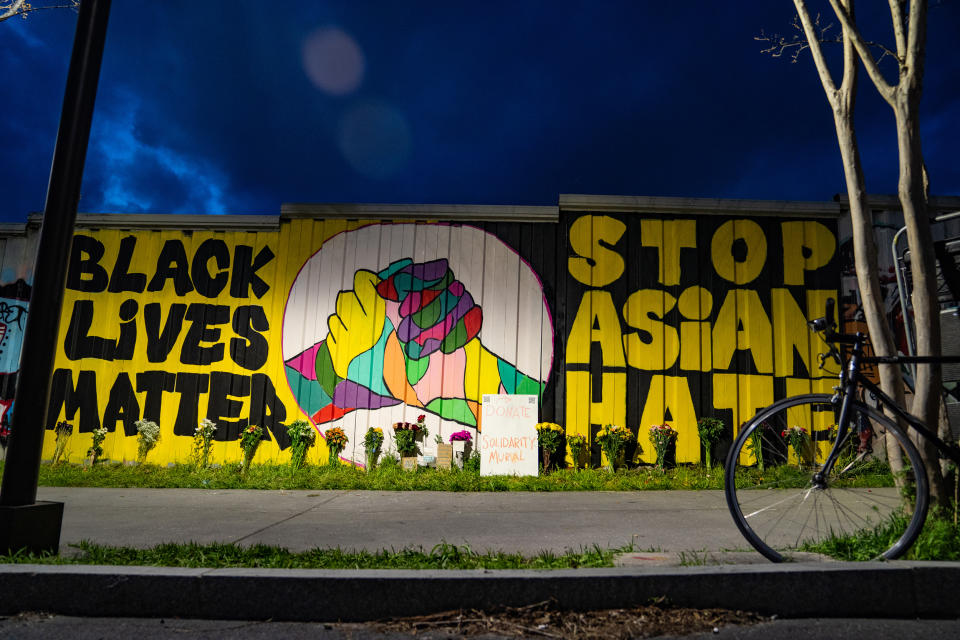
This reluctance in activism is something Allison Wang saw from her family. The 32-year-old Augusta University student got involved with organizing Asian appreciation rallies shortly after the spa shootings. She said her parents, who are immigrants from China, doubted whether the uptick in activism would amount to tangible change.
“It’s definitely a trauma because they’ve been disappointed for so long. They just don’t really believe it can happen for us because Asian Americans, they are used to being undervalued,” Wang said. “No matter how much we’ve done, that’s not going to erase all the pain that people are going through. And it’s this generational feeling of being a perpetual foreigner.”
Still, a full year after the shootings, Atlantans are feeling ambivalent regarding the progress of Asian Americans in the area.
Sarah Park’s husband, Michael Park, 43, witnessed and aided the work his wife did after the shootings. But he said he wonders just how much has really changed.
“Thankfully, we haven’t had any kind of major incident in metro Atlanta since that time. A lot of stuff we’ve been seeing on the national news sadly has been around New York or in California. But it does impact us,” Michael Park said. “The fact that it continues to happen at a really alarming rate, it makes you wonder, as an Asian American, have we made that progress?”
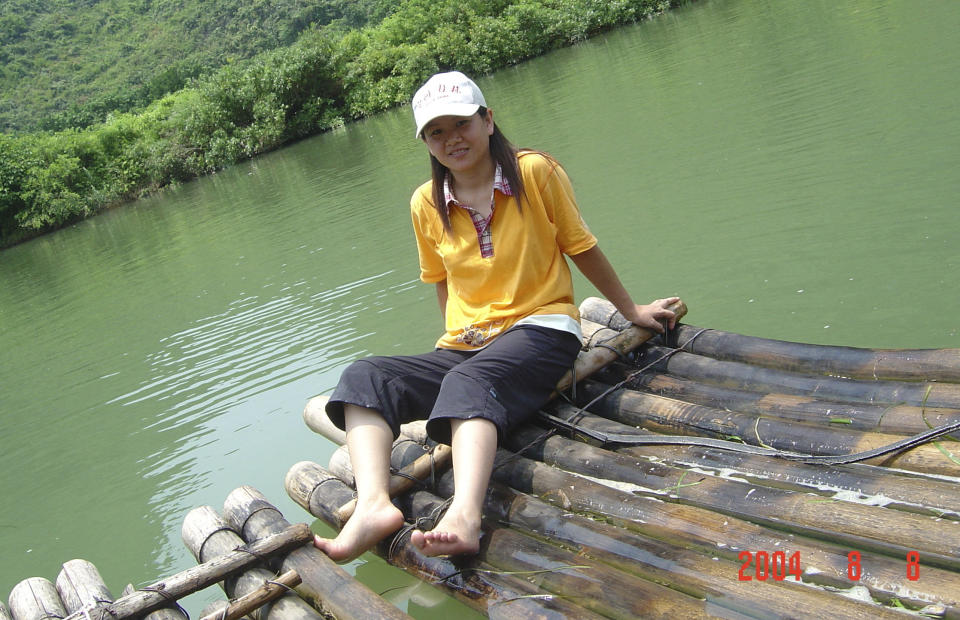
But Sarah Park said she doesn’t want people to use the spa shootings as a tool for a political agenda and, instead, wanted the focus to be about the eight lives lost that day.
"We didn’t want this tragic event to be any kind of platform."
But he said the work that his wife and Asian American community leaders in Atlanta have done will make a difference in the future.
“All the collaboration between different organizations and the AAPI community — which had its roots in civic engagement with voter registration and census work — is now set up to be a really good network that I think can be more proactive,” he added.
The couple said this kind of work is worth the time and effort.
“Even though we do move our needles at our own pace and at a slow speed compared to New York or Southern California,” Sarah Park said, “it takes a longer time because we want to include all demographics of our first generation to our next generation, and to invite them to the table and have this kind of conversation takes a longer time.”
Part of continuing the work, Michael Park said, is staying alert.
“I think we have to remain very vigilant, though, now that we are so visible,” he said. “Now that we’re no longer this silent minority, we have to be careful because it’s going to put a target on our back.”

